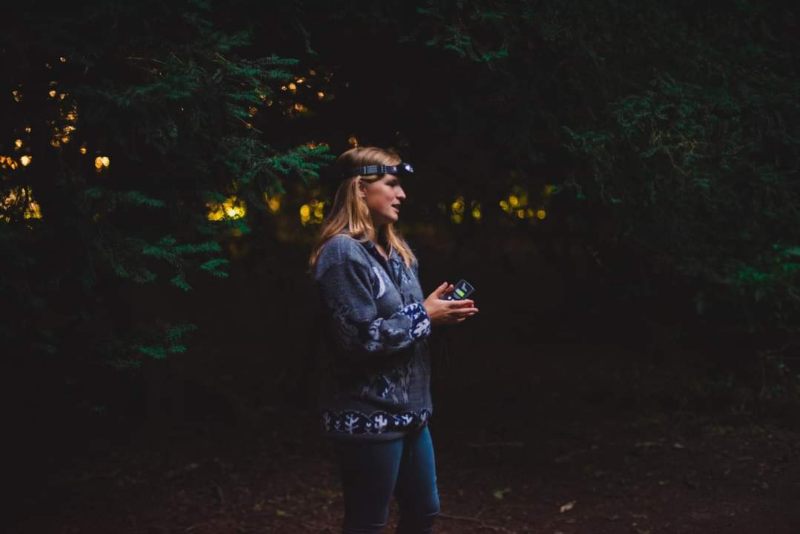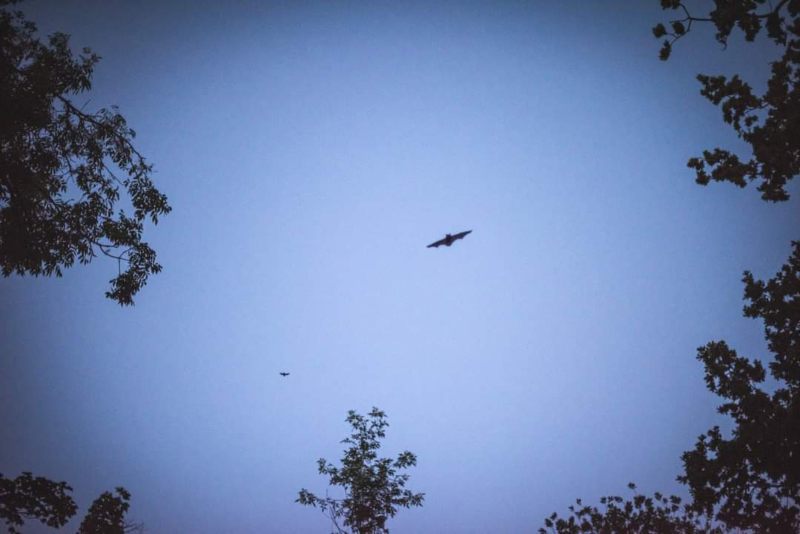Community header template
- Home
arrow_drop_down
- News
arrow_drop_down
- What’s On
- Local Information
arrow_drop_down
- Community Groups
arrow_drop_down
- Business Support
arrow_drop_down
- Advertising Rates
- Business Networks
- Akin Arundel
- Arundel Chamber of Commerce
- Consultants, Admin Support & Office Space
- Film Location & Production Support
- IT & Technical Support
- Legal, Financial Planning, Accountants And Insurance
- Local Publications And Media
- Marketing, Printing & Digital
- Business Newsletter
- Local Directory
arrow_drop_down
- Estate & Lettings Agents & Architects
- Health, Beauty & Wellbeing
- Home & Gardening Services
- Legal, Financial Planning, Accountants And Insurance
- Photographers, Fashion & Lifestyle
- Retirement, Care & Funeral Services
- Travel, Holidays & Languages
- Tradesman, Builders and Property Services
- Vehicle Repairs, Storage, Hire & Taxi Services
- Weddings, Events & Entertainment
- Contact
The Eco Holiday Dilemma

A guided night walk near Chichester
Published Summer 2022
Deborah O’Reilly, animal lover and eco- activist, discusses the possibilities for ecological travel.
APPARENTLY, the Buddha said, “It is better to travel well, than to arrive”. Putting aside any implications in that quote of an accident en route, there is a growing emergence of travel companies selling low impact, nature-friendly, culturally sensitive holidays, whose aim is to enable customers to “travel well”.
Some companies go as far as reducing their own growth ambitions in order to be more sustainable. “Slow tourism” specialist Sawdays is restricting the number of stays it sells from a long list of popular but ecologically vulnerable places including The Isle of Skye, St Ives and Venice. Their policy aims to limit the most negative impacts of tourism and it seems they are prepared to hold back on increasing their turnover to achieve that. Called variously eco-tourism, sustainable tourism and responsible travelling, all this must be a good thing?
Because haven’t we all “committed” holidays that were fun and easy, but with a planet-crushing carbon footprint and a certain emptiness? I have been complicit in tolerating anonymous, herded holidays, careering full force towards a “resort”, not actually a place. Indulging, or is it enduring, a disconnected feast of food, sights, and experiences designed to maximise comfort and safety, but devoid of true engagement or challenge: a holiday which puts pressures I did not really comprehend upon local people, animals and their natural environments. But I get all that now and I would rather not travel than resort to resorts like that.
A cruise, the nautical equivalent of an up-market McDonalds, strikes me as the epitome of this “hell for the planet and soul” holiday syndrome. I know, because I tried one. If tourism is a form of ecocide, which high-rise, sprawling hotel developments, international flying & cruises certainly are, is eco-tourism an antidote, or more of much- the- same. Is it perhaps the greenest wash of all greenwashes?
The Logic of Eco-Logical Holidaying

A company that encapsulates all the possible interpretations and complexities of less damaging tourism is Brighton-based Responsible Travel (RT), the “original” in its class. Infused with an activist spirit, RT has a huge selection of holidays covering every angle and type – from luxury to volunteering, from very local to long-distance. Flight-free, car-free, meat-free, plastic-free – all sorts of breaks are available- about 150 different search criteria exist.
Company founder, Justin Francis states “Since 2009, we’ve advised customers to take fewer – but longer – holidays with flights and swap out some flights for local travel and train travel: basically, fly less. We think this is a more relaxing and fulfilling way to travel too.” RT is also a campaigning company – they were the first to publish holiday carbon audits and have spoken out against orphanage tourism. They boycott tours with elephant rides, orca shows and other forms of animal abuse, which are sold as education and titillation but deliver misinformation and ignorance.
For RT the key is that all their holidays conform to a philosophy of not only minimising cultural and environmental impacts but creating net gain – an infamously difficult thing to measure, as Justin reinforces “the hardest part of the circle to square is around global heating. On the one hand flying creates a significant amount of greenhouse gas emissions, on the other, responsible nature-based tourism helps protect and restore ecosystems that absorb CO2”.
What is easier to work out is the degree to which holidays like these can inspire or deepen holiday-makers affinity with the diversity and fragility of the planet, its myriad yet declining species, habitats and human cultures. Justin again – “Many people today want to know they’re travelling in a way that not only reduces harm, but actively does some good – for local people and the planet.”
Ecological Breaks Closer to Home
Responsible Travel is also an Accommodation Partner to the South Downs National Park and hundreds of Park-based choices can be found in their “South Downs Holidays” search, all of which, by implication, must meet RT’s own ethical standards.
A stand-alone, stand-out local venue of repute is the Knepp Estate-there can be few of us in Arun who don’t know about West Sussex’s re-wilding treasure. It may be local, but it is also a project of national & international significance for its brave and intelligent habitat recreation approaches, spanning 3500 acres. Not only is it boosting the numbers of near-lost species like the beautiful turtle dove and generating income from the sale of meat (from animals whose life and death is about as good as it gets for those we eat) Knepp is making a healthy living from eco-tourism. There is the opportunity to stay for a week in a treehouse, yurt, shepherds hut, or simply camp.
Alternatively, you can visit for half day safaris, species or time-specific- there is a large choice. Select an evening with a meal and the chance hear a nightingale, or a dawn meander through the estate as it wakes up and who knows what you will see? A herd of wild ponies? A family of wandering pigs? Storks nesting? The draw of Knepp is so great that most of their events are sold out well in advance. This success also raises a question: at what point does the number of leisure-pursuing people on- site risk compromising its’ wildness and ecological objectives? Knepp were unable to comment, but it is likely that their expert advisory team are monitoring these considerations on an ongoing basis.
For eco-experiences that are local, informal and very low impact, try Imprint Ecology run by Chichester-based young ecologist Emily. By day she works as an ecological habitat surveyor on development projects. In this context, one of her professional aims is to encourage the enhancement of new buildings for wildlife, especially bats.
Emily has a fascinating specialism which is training “conservation detecting” dogs to sniff out, for example, invasive plant species, scats of particular at- risk animals like water voles and their latrines and even detecting illegal tree felling. She also conducts talks, walks and workshops focussing on particular species. During summer and early autumn, she works with the permission of different landowners, to take small groups for a few hours, to locations where she can enlighten and inform about bumblebee lifecycles, how to identify different species and the food they seek. Another option is to observe and hear bats echolocating and understand what habitats they need. “West Sussex is still a special place for bats” asserts Emily “we are unusual in having all 18 species of UK bats in this county, with good bat habitat-linking networks of ancient hedgerows still preserved. I hope my workshops encourage people to want to protect them”.
Giving Nature an Even Break
If we go beyond the tired-old accusation that these types of experiences are just virtue-signalling (though they are surely tinged with contradictions), eco-tosh for the posh or another form of short-lived entertainment, we can embrace eco-tourism as a way to reach for connection. Making connections with the lived experience and needs of other species and cultures is a way to dispel our illusions of separation or superiority. Such holidays may produce ethical after-effects: the degree to which people may not only become conscious of treading more carefully and respectfully through the world, but maybe deciding to travel a lot less…. or not at all. Who knows, more of us might begin to realise that we have a part to play in ending our own species’ war on nature, delivering a change of heart and head. Not aims to discount lightly.
Pictures courtesy of Imprint Ecology

